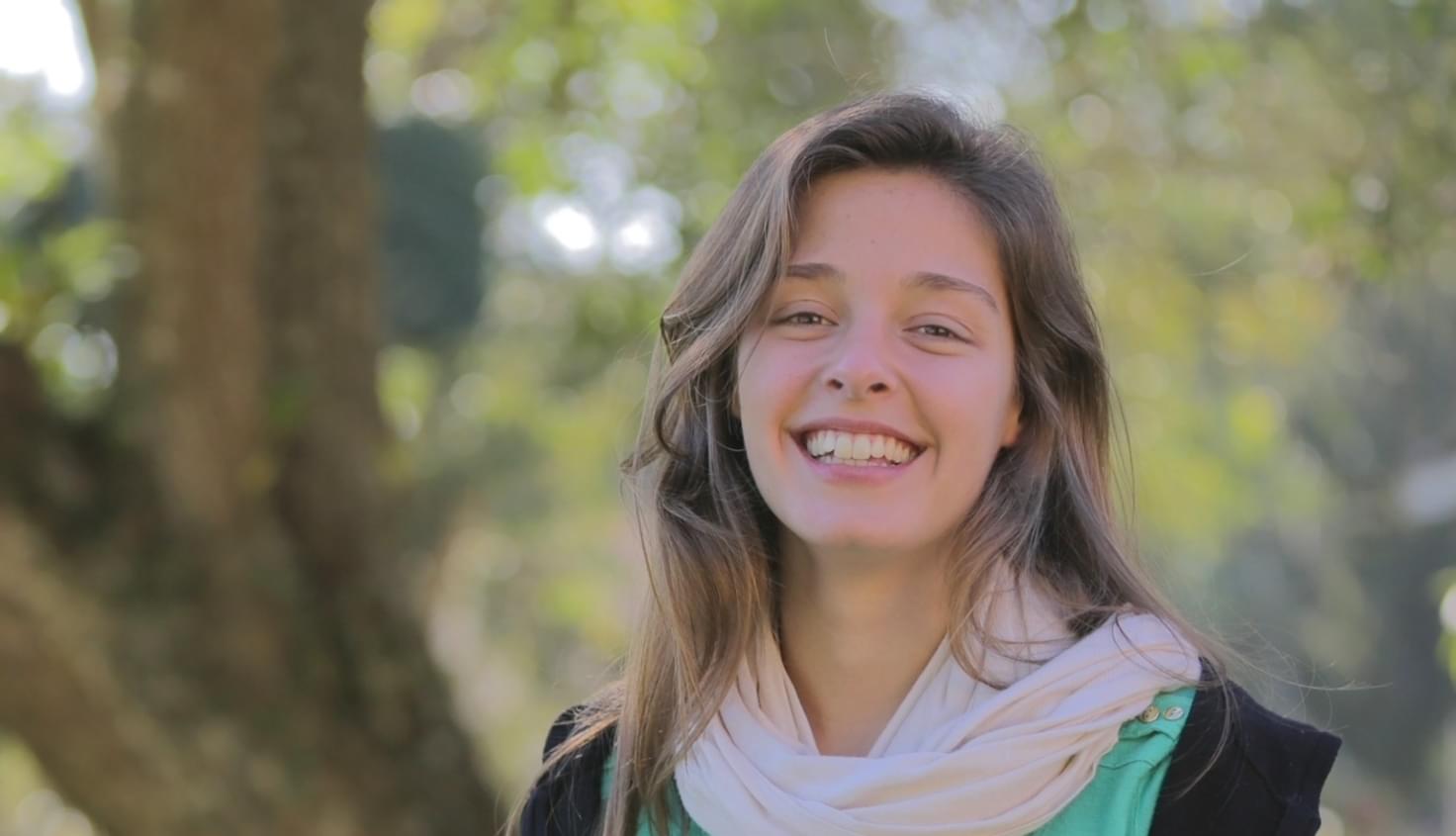
Words by Tess Becker
Working to improve the environment can be incredibly complicated. In developing countries around the world, many rely on things that may be otherwise considered environmentally irresponsible – like clearing out a forest or using coal for power.
To get around this, conservationists have been working to improve the living conditions of the people in these regions, along with the needs of the flora and fauna.
This is overwhelmingly true for Brazil, home to the Amazon Rainforest, has some of the most biodiversity on the entire planet – with over 3 million separate species in the rainforest.
But the Amazon is also under threat and nearly 20 percent of the forest has been cleared over the last 50 years. One person working on helping avoid that, while also educating people about socio-environmental connections, is Nayara Castiglioni.
Nayara has worked on a handful of grassroots campaigns, centering around youth voices and helping people learn about connecting conservation with social causes and needs.
For Nayara, getting involved in this type of work was relatively simple.
“I'm simply doing things for myself and my surroundings, but also connecting and really helping people, acknowledging that, yes, we do have the power within ourselves,” she tells Smiley News.
“And if we know the right tools, and if we get involved in the right places, we definitely can create change.”
That drive led her to work with a youth-led NGO focused on empowering the youth in Brazil.
“They raise awareness for young people all over Brazil on, not just environmental, but also political tools and ways to get involved and participate in decision making,” Nayara says. “And it's raising this awareness that we can create the change we want to stay within our lives, within their communities, and within our world."
Now she works as a Program Associate on Global Fund for Children’s Americas team, supporting the Partnership to Educate All Kids (PEAK) initiative in Brazil and Colombia.
PEAK helps local organizations sustain or expand their work, ensuring children are able to access education and return to classrooms. It also provides financial support and capacity development to 66 community-based organizations, reaching 100,000 children around the world.
This is the first time Nayara has worked with kids, but it has brought a fresh perspective on all the other work she's been doing, she says.
“It's been really amazing to connect with these community leaders in the front line of those amazing organizations that are creating a lot of change,” Nayara says. “And enabling the kids not just on fun activities and play, but also learning and understanding their roots, their ancestry, and how all of those help into making you a better human.”
All this to say that Nayara wants to bring conservation and the social sector into one to help improve both sides and ideally, expand potential impact.
“I think about acknowledging our power, and I felt like I was this person who was thinking about the things that I could do,” Nayara says. “And it was just, it was very small-scale.”
But it doesn't matter how small-scale the changes you make are, she realized. “I discovered that yes, even small actions can create a lot of change and how we, as a collective with individual actions, promote positive change.”